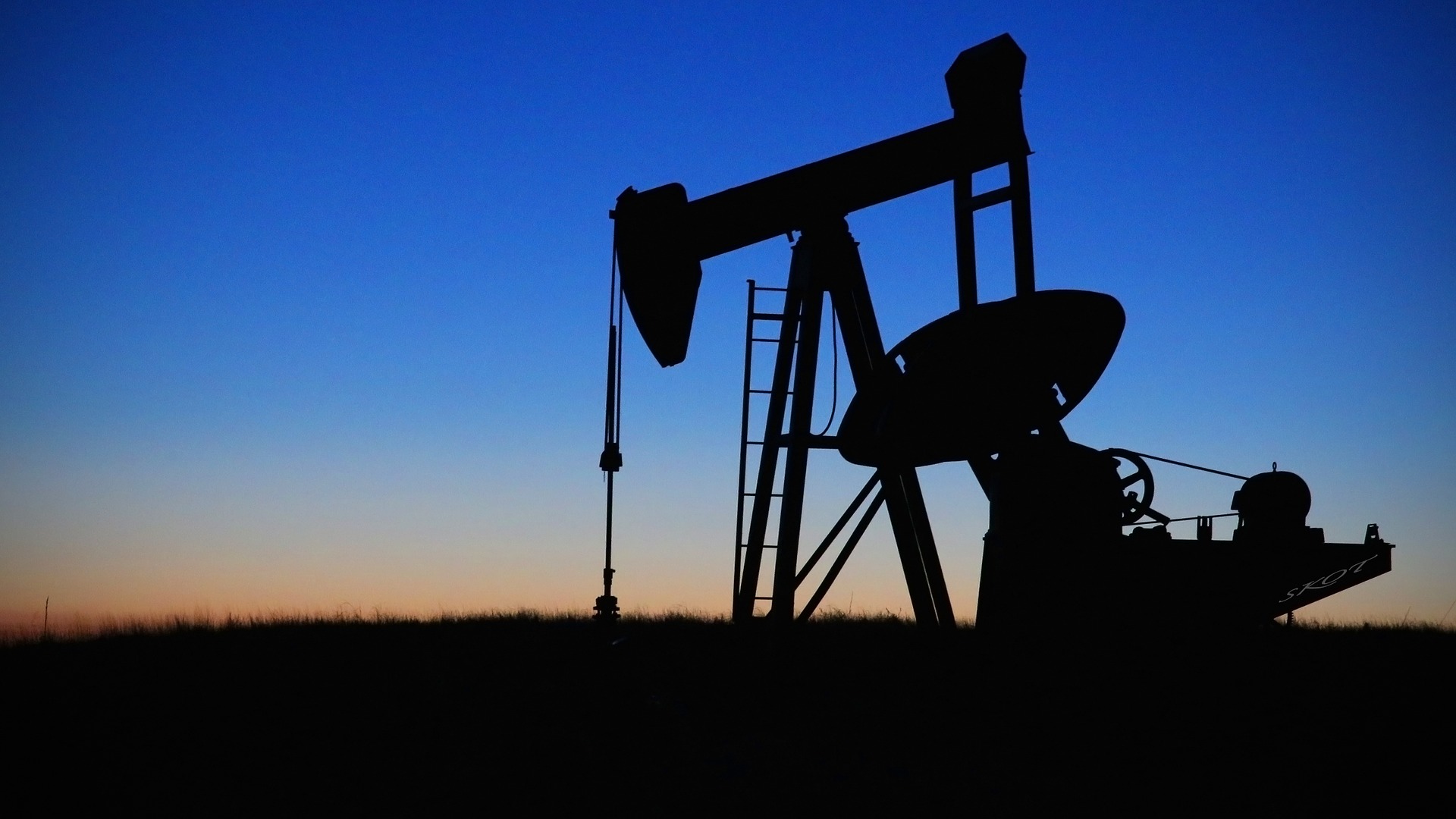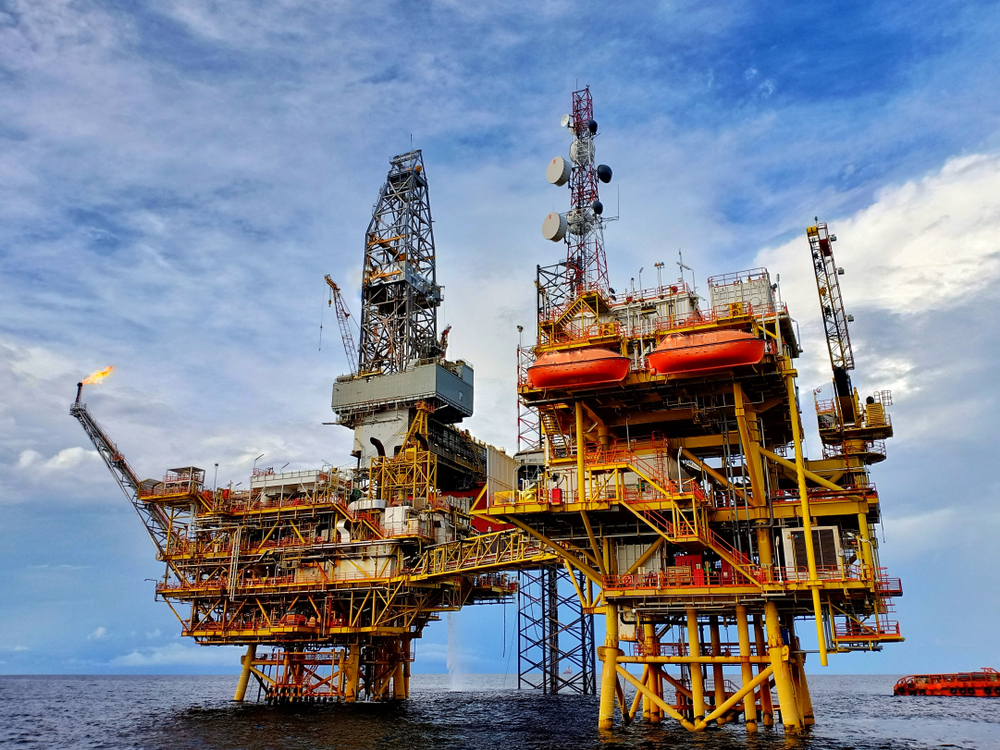Hydraulic fracturing, commonly known as fracking, is a technique that has revolutionized the oil and gas industry. While it has unlocked vast energy resources and boosted economies, it has also raised environmental concerns. In this article, we explore the world of fracking through the eyes of Bola Afolabi, an accomplished oil and gas supply chain professional, to gain insights into the benefits and environmental challenges associated with this controversial method of resource extraction.

Meet Bola Afolabi: An Expert in Oil and Gas Supply Chain
Dr. Bola Afolabi is a seasoned oil and gas supply chain professional with over three decades of experience. His deep understanding of procurement and contracting strategies has established him as one of the most respected figures in the Nigerian oil and gas industry. Besides his professional achievements, Bola Afolabi is dedicated to addressing the environmental aspects of the industry.
Fracking: An Energy Revolution
Hydraulic fracturing involves injecting high-pressure fluids into underground rock formations to release oil and natural gas. This method has been instrumental in unlocking previously inaccessible energy resources and has transformed the energy landscape in numerous countries. Here are some of the benefits associated with fracking:
1. Energy Independence: Fracking has significantly increased domestic oil and gas production, reducing dependence on foreign energy sources and enhancing national energy security.
2. Economic Growth: The oil and gas industry, driven in part by fracking, has stimulated economic growth by creating jobs and supporting related industries.
3. Lower Energy Prices: Increased natural gas production has led to lower energy prices for consumers, positively impacting household budgets.
4. Reduced Greenhouse Gas Emissions: Natural gas, when used as an alternative to coal, has helped lower greenhouse gas emissions due to its cleaner-burning properties.
Environmental Concerns and Bola Afolabi’s Insights
While fracking has undeniable benefits, it also raises environmental concerns that need to be addressed. Bola Afolabi provides a perspective on these concerns:
1. Water Contamination: There have been instances of groundwater contamination linked to fracking chemicals and wastewater disposal. Stringent regulations and proper well construction are essential to prevent such incidents.
2. Air Pollution: Fracking can release pollutants like methane, a potent greenhouse gas, into the atmosphere. Enhanced leak detection and repair practices are critical to minimizing emissions.
3. Resource Depletion: Excessive water usage for fracking and habitat disruption due to infrastructure development pose ecological challenges. Sustainable water management and responsible land use practices are imperative.
4. Induced Seismic Activity: There is evidence linking fracking to induced earthquakes. Careful monitoring and regulatory measures are necessary to minimize seismic risks.
5. Community Impact: Local communities near fracking sites may experience disruptions and concerns over health and safety. Engaging with these communities and addressing their concerns is essential.
Regulation and Innovation
Bola Afolabi emphasizes the importance of effective regulation in mitigating environmental risks associated with fracking. Governments, industry players, and environmental organizations are working together to create and enforce policies that balance the economic benefits of fracking with the protection of the environment. Additionally, technological innovations continue to improve the safety and sustainability of fracking operations.
In conclusion, hydraulic fracturing is a double-edged sword, offering substantial energy rewards while posing environmental challenges. Bola Afolabi’s perspective underscores the significance of addressing these challenges responsibly. With robust regulation, innovation, and a commitment to minimizing environmental impacts, the industry can harness the benefits of fracking while safeguarding the planet for future generations. For more information, visit his blog.
